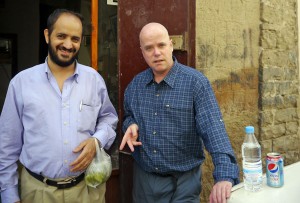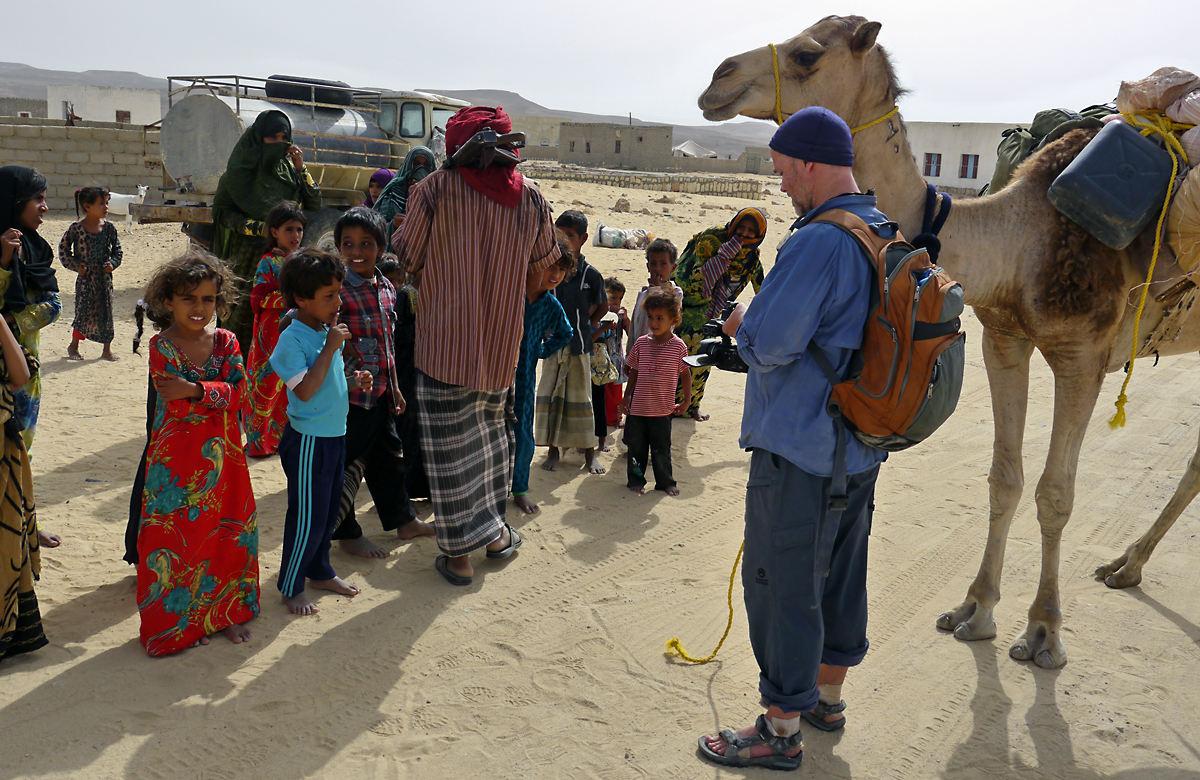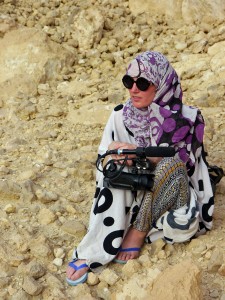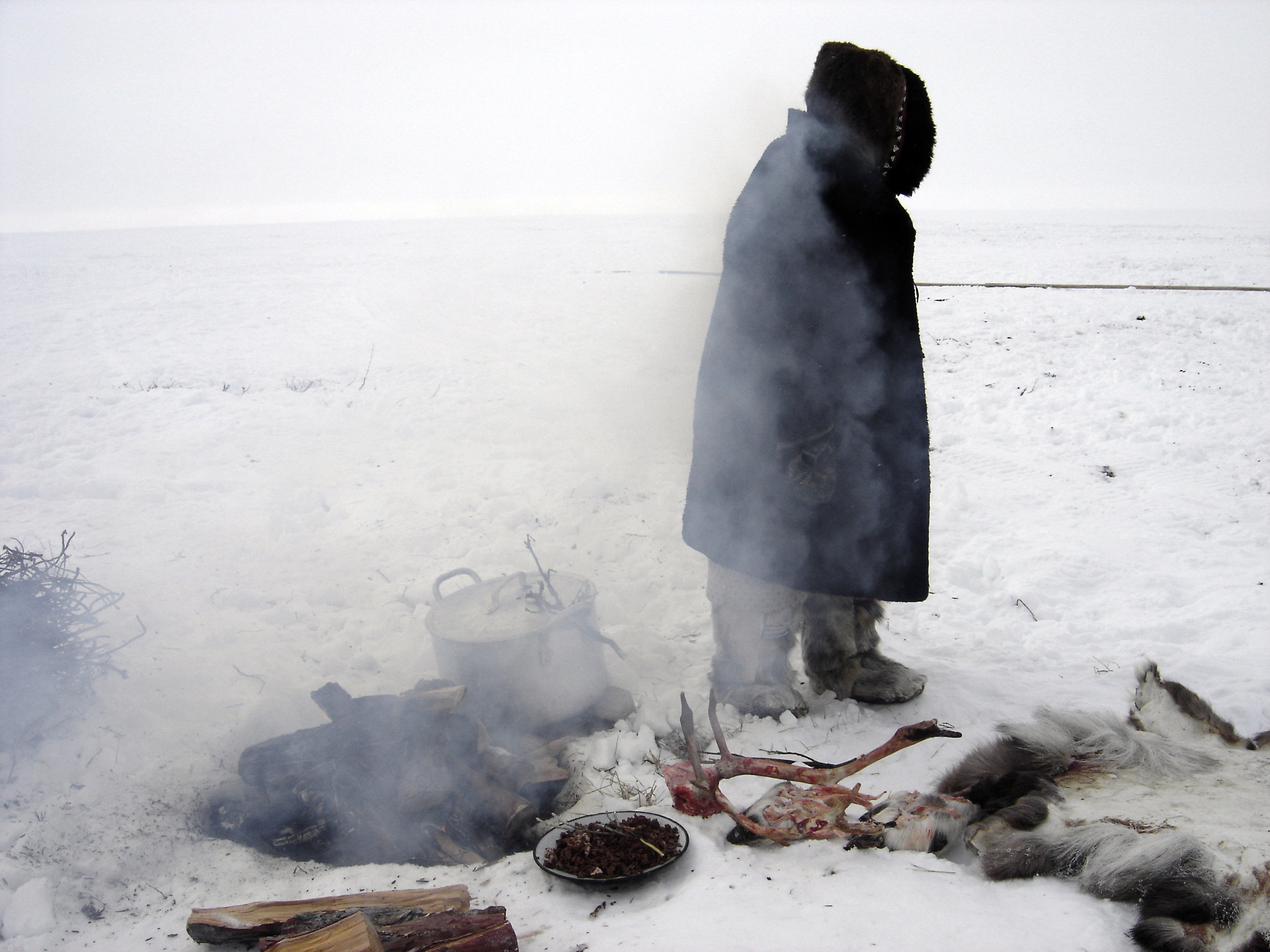I just saw a half an hours documentary produced by PBS and Frontline called “Al Qaeda in Yemen”. I was asked by a friend at a Broadcasting company to have opinions, maybe they´re trying to figure out if it is a good documentary to buy and broadcast in my little country. My conclusion is that it would just add on to the hysteria and ignorance surrounding Al Qaeda and the fear of the growing Islamic extremist opinions as seen from normal Swedes who know nothing about this part of the world. It would just create more fear, build additional walls between the West and East and maybe even create some kind of admiration for these poor souls who is really a bunch of Yemenis, take away the professional foreigners from Somalia, Afghanistan and so on, who doesn´t have much other choices to survive. By being part of these loose networks they get a Kalashnikov, a wage and status. Even though the documentary is done by an Iraqi journalist with a great reputation, Ghaith Abdul Ahad, and starts well in Jaar, at the end, after bringing in Yayha Saleh and by all my Yemeni friends the not so much liked American ambassador Feierstein, one has the feeling –again– that all of Yemen looks like this. In the hands of extremist, religious maniacs and uneducated members of AQAP, Al Qaeda and Ansar Al Sharia. Which is as far from the truth as it can be. And the question I also ask myself, did the reporter pay for the interviews in Jaar? After the famous story written by a bloke who is staying with my friend Hussein Sabanko in the Old City called Casey Coombs who spent a few hours with “Al Qaeda” after paying was it 3 or 5000 dollars, one has to ask!
What I did sympathize with was the big problems in getting good footage and the worries involved. I was scared a lot, especially during my first visit from September to the end of December 2011. See the film clip above. I was terrified of getting into trouble, when Ali Mohsens soldiers stopped me and my friend Rashad, when I was filming him near Hashaba during the big troubles. And, sure, it being Yemen, we got out of it after a discussion at length. All together I spent 5 months of filming in Yemen. I have over, as I see it, 200 unique hours of material, which I will turn into a one hour documentary focusing on the overwhelmingly positive aspects of this thrilling country. But, of course, there´s a lot of material I wanted but never was able to get. And therefore, no matter how all covering I´d like the documentary to be as regards to the factual picture of the areas I visited, it won´t be the truth. Because I never really did get any great footage or interviews with women, except with my friend Boushra in Sanaa, because there was always obstacles in the way in the shape of guarding young men. Or worries among the women I asked to film what would happen once the documentary would be broadcast. No matter if I am talking about the qabilis (tribes) in the north or the Al Mahra bedus in the south. It didn´t even help having a very culturally sensitive woman as Tanya Holm with me through Beduland. Filming women is extremely difficult, unfortunately. And that is really bad, when it once again comes to the issue of how the West sees the Muslim world. As long as the Muslim women stays in the periphery when it comes to these issues, it will harm the image of the Muslim world in the west. And this is just a cultural issue and obstacle, not a religious one that the men might claim. Therefore, unfortunately the footage that I do have involving women looks like this shaky, nervous clip below. I can understand their worries, though since it will most likely put her and her family into problems with their village. Except this one below, because it was ok by Sheikh Saleem, who was a relative to this lady. And he was considered a learned religious man by his surrounding.
Oh yes, shaky footage, that moves me on to other recent documentaries made about Yemen. I wrote this story about The Reluctant Revolutionary back in Mid April and the response as regards to the documentary was big as you can see of the comments and people who have read that hidden away piece. I was very negative and still is. Especially after meeting the main character Kais Ahmed Al Kalisi in Sanaa. Or he asked to see me through one of my best friends in Sanaa, Mohammed Almarwiny. And I met him, heard his story about this documentary and recently got a request for help from him. Once again it touches the ethics of documentary making. However, I can see Sean McAllister has changed some of his original claims, like being the only foreigner in Sanaa during the troubles. Now he claims he was the only foreigner left in the hotel he was staying at. Quite a difference! See Kais appeal for help here!

One of the most difficult issues with making a documentary in a unstable country like Yemen, where personal security is low and at risk if somebody says the wrong thing, is what should be in the documentary or not. A good friend of mine, just after the suicide bomber had killed over a 100 people, talked about Al Qaeda at length, in a very interesting way, which would be a good way for me to show perspective how things had changed since I last was in Yemen, but he begged me not to include it in the film. He was scared of his own personal safety and was sure Al Qaeda would kill him. I know this, of course, won´t happen. He reiterated his request not long ago. And I have promised him it won´t be in the film. And I have promised many others as well as regards to what will be in the film. And, yes, it will make a less interesting film without these sequences, but that is a price one has to pay. And I will of course happily pay that price. Other film makers prefer to say one thing and do another. There definitely have to be some kind of an agreement with everyone, by document or word, what should be in a documentary or not. And, all subjects being part of it, should have a chance to voice their opinions before the documentary is broadcast. If possible. If they at that moment agrees and later changes their minds, that is another issue.
Is there a great risk for your personal safety doing a documentary in Yemen? After watching these 2 documentaries, one gets a feeling of a great risk of being killed or detained when filming in Yemen. And I am sure this danger does exist, and journalists and film makers have been killed, but personally except this little problem with Ali Mohsen´s soldiers and some upset voices over me filming at a Bedu wedding, not once did I feel any danger to my health. But then again, I am not a political film maker or a journalist, just an explorer with a positive view of life. That said, in 90% of the cases I have asked if I can film, the answer have been yes. Most people like being in a film. Especially in Yemen. I didn´t feel one bit worried in the sequence below, even if it was said afterwards by some that I was shoot at!
So, in hindsight, the hardest part for me doing a documentary in Yemen was all the worries before what would happen!




Hello. I’m interested in old city of Sanaa.
How is the safety there? I know notion of safety depends on people, but is it too cautious to make decistion not to go because of safety concern?
I’ll only be staying inside the old city of Sanaa if I to go. Is old city safer than other area?
best regards.
Shohei
Do not worry one bit, Sanaa is still today and has been so historically, regarded as a tribally safe place. No problems at all!
Not even outside the Old Sanaa, don´t worry!
Good idea to stay in the Old City. Best place in the world! See here at http://www.youtube.com/kolymasiberia
M